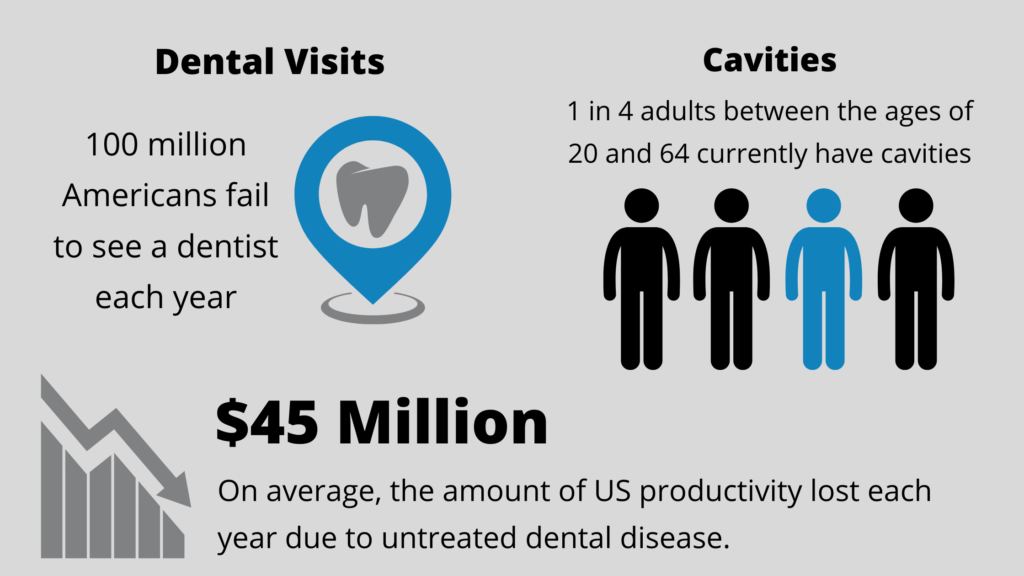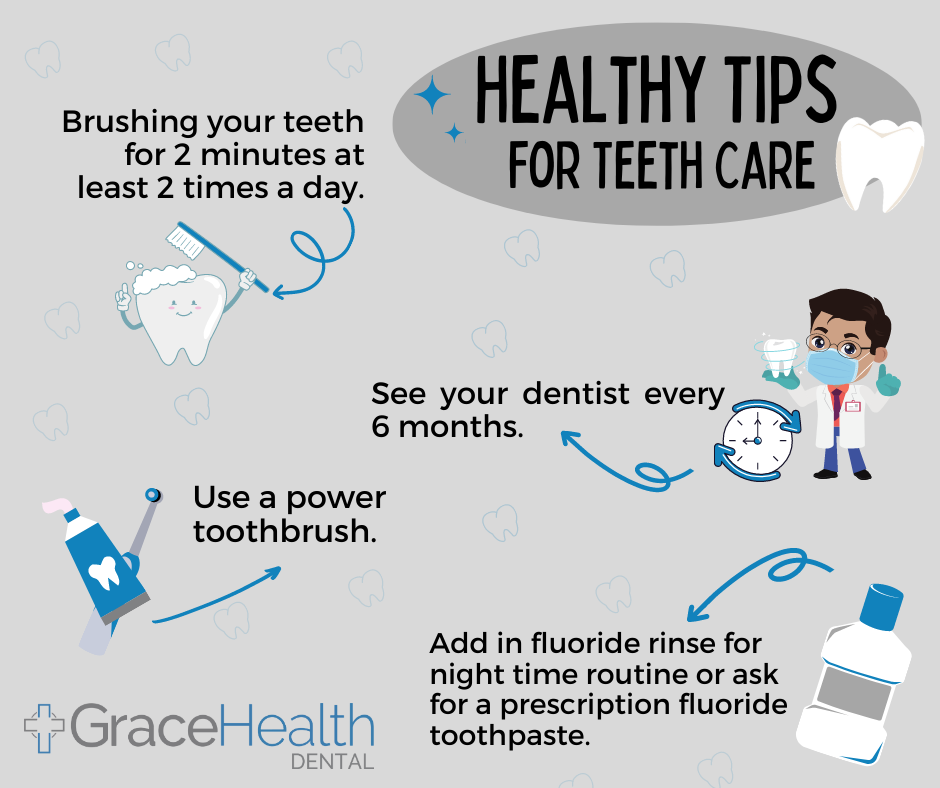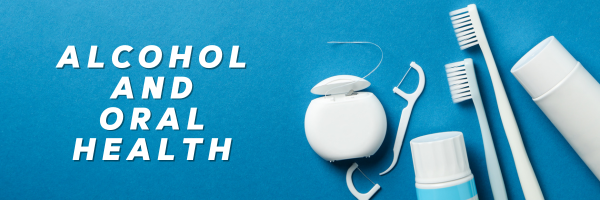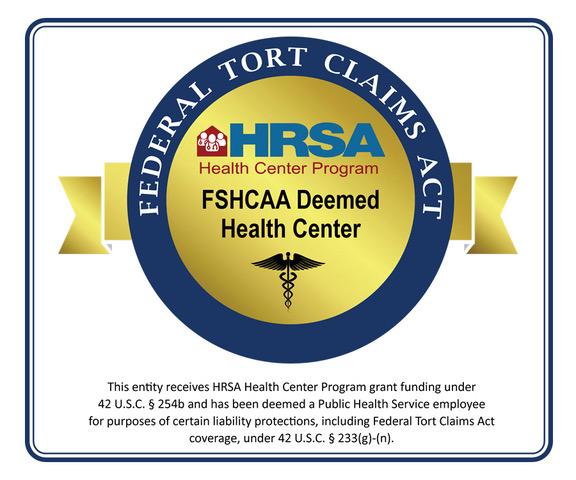In collaboration with Shelly Baker, Grace Health Dental Manager
Alcohol is a popular beverage among adults and has been enjoyed for centuries. While moderate consumption may not immediately seem harmful, it’s essential to understand that excessive or frequent alcohol intake can have severe repercussions on your overall health, particularly on our oral health. From tooth decay to gum disease, the negative effects of alcohol on oral health should not be underestimated. In this blog post, we will delve into the various ways in which alcohol can impact your smile and what steps you can take to mitigate these risks.
1. Changed Behavior
Psychology Today states that alcohol is a nervous system depressant and easily alters behavior, culminating in some cases in the emotional pain and physical disintegration of alcohol addiction, colloquially known as alcoholism. Alcohol Use Disorder is a pattern of disordered drinking that leads to significant distress. It can involve withdrawal symptoms, disruption of daily tasks, discord in relationships, and risky decisions that place you or others in danger.
When too much alcohol is consumed, it affects normal routines. You might find yourself going to bed without brushing and flossing your teeth. If this happens often, your risk of periodontal disease and decay increases.
About 15 million American adults and 400,000 adolescents suffer from alcohol use disorder, according to the National Institute on Alcohol Abuse and Alcoholism. If you find that your alcohol use is having a negative affect on your daily life, reach out to your healthcare provider today to learn about treatment options.
2. Staining
Certain alcoholic beverages, like red wine or heavy-colored alcohols, can stain tooth enamel, leading to unsightly discoloration. Over time, these stains can become stubborn and challenging to remove, impacting the appearance of your smiles. When sipping on wine, it lingers longer on teeth which also plays factor in the amount of staining.
Choose a lighter colored beverage and/or limit time and frequency on sipping dark wine. In addition to whitening products, it is also helpful to use a power toothbrush, which helps lighten stains and removes more bacteria than manual brushing.
3. Dry Mouth and Reduced Saliva Production
Alcohol is known to dehydrate the body, and the mouth is no exception. A dry mouth can result from excessive alcohol consumption, reducing saliva production. Saliva plays a crucial role in oral health as it helps neutralize acids, wash away food particles, and protect against bacteria. When there’s not enough saliva, the mouth becomes more susceptible to harmful bacteria, leading to bad breath, gum disease, and tooth decay.1
The Journal of the American Dental Association notes that there are several things you can do to relieve some of the discomfort you might feel when you have dry mouth such as
- sip water or sugarless drinks that do not contain caffeine
- suck (do not chew) on ice chips
- apply lanolin-based lip balm often
- use sugar-free chewing gum or sugar-free candy to stimulate saliva production
- if you use a mouth rinse, choose one that is alcohol free
- use a humidifier at night
If drinking alcohol is causing you to have dry mouth, don’t hesitate to talk to your healthcare provider about how you can control your symptoms and feel comfortable again. We are here for you if you need help to stop drinking alcohol.
4. Tooth Decay and Cavities
Many alcoholic drinks contain high levels of sugar and acidity, making them a double threat to your teeth. Sugar feeds harmful bacteria in your mouth, leading to the production of acids that attack tooth enamel, causing decay and cavities. The sugary and acidic combination in alcoholic beverages can speed up this process, increasing the risk of dental issues.
In addition to avoiding these products, it is important to keep routine visits with your dentist. The American Dental Association shares that some 100 million Americans fail to see a dentist each year, even though regular dental examinations and good oral hygiene can prevent most dental disease.

According to the CDC, 1 in 4 adults between the ages of 20 and 64 currently have cavities. On average, over $45 billion in US productivity is lost each year due to untreated dental disease. 2
Brush your teeth twice a day for two minutes each time, visit your dentist every 6 months, and remember to check nutritional facts before consuming any drinks. When possible, choose drinks with a lower amount of sugar or ones that are sugar-free.
5. Cancer
Prolonged and heavy alcohol consumption has been linked to an increased risk of oral cancer. The combination of alcohol’s damaging effects on oral tissues and its ability to facilitate the absorption of carcinogens from tobacco (in smokers) can significantly raise the chances of developing oral cancer.
Drinking about 3.5 drinks a day doubles or even triples your risk of developing cancer of the mouth, pharynx, larynx and esophagus.3 When you see your dentist, be honest when discussing alcohol consumption. Your dentist can perform an oral cancer screening. When oral cancer is found early and treated—before it has time to spread to other areas of the body—the 5-year survival rate nearly doubles.4
Oral cancer can occur in the front or back part of your mouth or your throat. Avoid tobacco products, limit alcohol consumption, and steer clear of the combination of alcohol and tobacco to reduce your risk of developing cancer in these areas.
Knowing your own body and seeing your dentist regularly is key to maintaining good oral health. If you notice anything unusual, schedule an appointment right away.
Taking Care of Your Oral Health
Brush your teeth for two minutes at least two times a day.
Visit your dentist for a regular check-up twice a year.
Use a power toothbrush instead of a manual one.
Ask your dentist if you need a fluoride rinse or toothpaste.
Be honest with yourself and your dentist about your habits. Work together to improve where needed.

While it’s okay to enjoy alcoholic drinks in moderation, it’s crucial to be aware of the potential negative effects of alcohol on our oral health. Tooth decay, gum disease, dry mouth, oral cancer, and tooth discoloration are some of the serious issues that excessive alcohol consumption can lead to. To protect your oral health, it’s essential to drink responsibly, maintain good oral hygiene practices, and visit the dentist regularly for check-ups and cleanings. By being mindful of the impact of alcohol on your smile, you can take proactive steps to preserve your oral health and maintain a beautiful and healthy smile for years to come.
Make sure to have a regular check-up with your Grace Health dentist and share any oral health concerns your might have. Be honest about your habits, including how frequently your floss, consume alcohol, or forget to brush your teeth. Your oral health is an important part of your overall health and we are here to help you get and stay healthy.
References:
- “5 Myths About Alcohol Consumption and Your Oral Health”. Delta Dental Insurance Company. 2022, February 03. https://www1.deltadentalins.com/wellness/healthy-habits/articles/alcohol-consumption-oral-health.html
- Centers for Disease Control and Prevention. Oral Health Surveillance Report: Trends in Dental Caries and Sealants, Tooth Retention, and Edentulism, United States, 1999–2004 to 2011–2016. Atlanta, GA: Centers for Disease Control and Prevention, US Dept of Health and Human Services; 2019. https://www.cdc.gov/oralhealth/publications/OHSR-2019-index.html
- “Some Sobering Facts About Alcohol and Cancer Risk”; Canada Cancer Society. 2023, April 14. https://cancer.ca/en/cancer-information/reduce-your-risk/limit-alcohol/some-sobering-facts-about-alcohol-and-cancer-risk#:~:text=Drinking%20alcohol%20raises%20your%20risk,your%20risk%20of%20developing%20cancer
- Mark, Anita M. “Oral cancer: What to do if something unusual shows up.” The Journal of the American Dental Association. Vol. 148; Issue 10. P780. October 2017. https://doi.org/10.1016/j.adaj.2017.07.021




